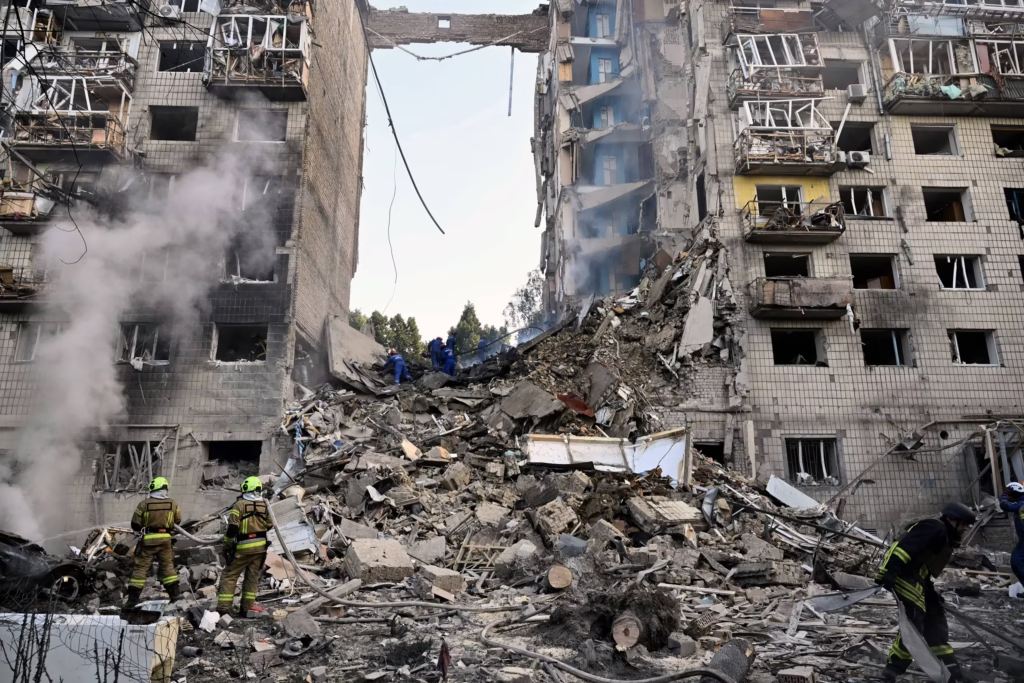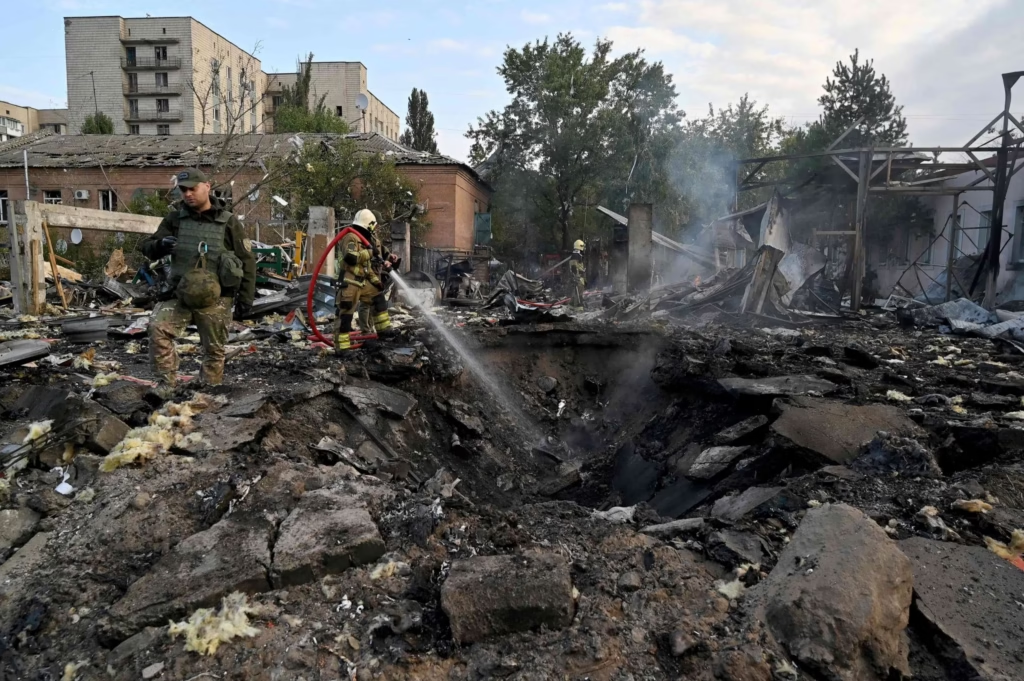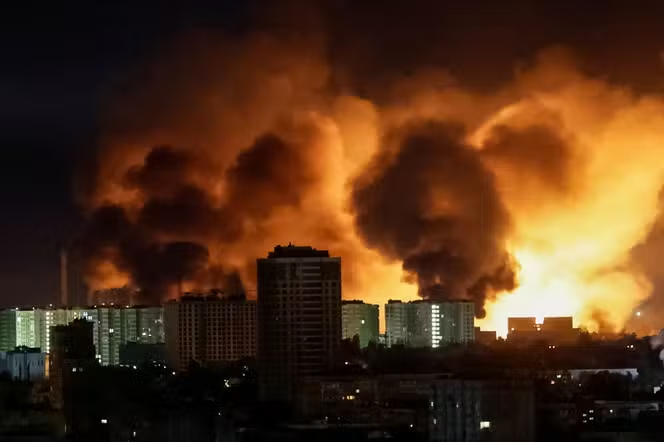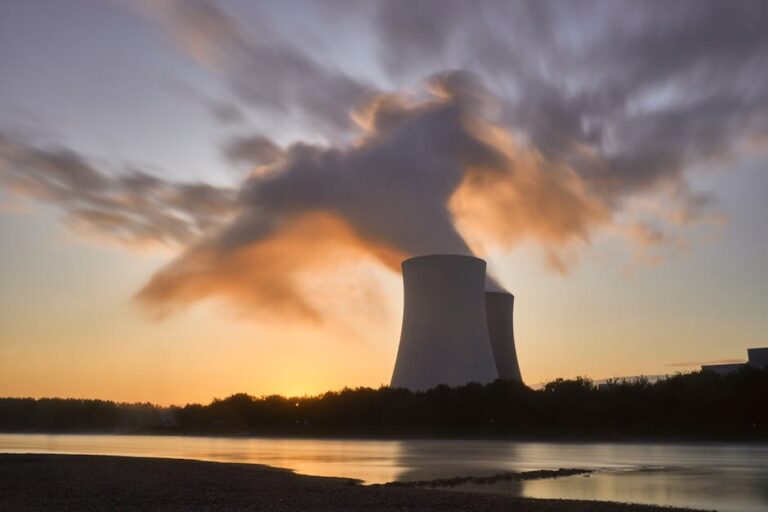
On the morning of August 28, 2025, Kyiv, the capital of Ukraine, they faced one of the deadliest attacks in recent history. The war that Russian forces launched a massive missile and drone strike across the city, leaving destruction, casualties, and chaos in their wake. The assault targeted residential areas, commercial centres, and even cultural and diplomatic institutions, revealing the indiscriminate and destructive nature of modern war.
The psychological impact of This War
Explosions rocked the city as hundreds of drones and missiles struck simultaneously. Buildings shook, windows shattered, and fires spread rapidly and so many died in this. Families fled their homes in panic, while emergency sirens blared across neighborhoods. The scale of the attack overwhelmed Kyiv’s emergency services, making it difficult to reach survivors trapped under rubble or provide medical care to the injured. Hospitals struggled to accommodate the sudden influx of patients, and first responders worked tirelessly amid the chaos. The psychological impact on civilians was immediate, as fear, uncertainty, and trauma spread alongside the physical destruction.

The human cost of the strike was severe. Multiple fatalities were reported, including children, while many others sustained serious injuries. Beyond the immediate casualties, families faced displacement, loss of homes, and disruption of daily life. Kyiv’s infrastructure suffered extensive damage, including power lines, roads, and water systems, further complicating recovery efforts. Businesses and commercial centers were destroyed or heavily damaged, threatening livelihoods and local economic stability. In many ways, the attack illustrated the devastating consequences of war on both human life and urban infrastructure.
International responses were swift and critical. World leaders condemned the attack, emphasizing that targeting civilians and diplomatic sites is a violation of international law and a fundamental breach of the rules of war. Countries around the globe expressed solidarity with Ukraine, offering humanitarian assistance and pledging support for reconstruction. The strike highlighted the urgent need for stronger international measures to protect civilians and prevent further escalation of the war.

Ukrainian authorities responded immediately, coordinating rescue efforts and providing aid to affected families. President Volodymyr Zelenskyy condemned the strike as a deliberate attempt to terrorize civilians and undermine Ukraine’s sovereignty. He called on the international community to maintain pressure on Russia and provide increased support to counter ongoing aggression. Despite the destruction, local communities showed remarkable resilience. Volunteers joined emergency responders to deliver food, shelter, and medical assistance to displaced families, while social media platforms became channels for solidarity and encouragement, reflecting the enduring spirit of Kyiv’s residents even amid war.
The strike also carries broader implications for the ongoing conflict. By striking civilian and diplomatic targets, it complicates efforts for peace and highlights the risks faced by urban populations in times of war. The destruction of infrastructure, businesses, and cultural sites not only impacts daily life but also poses long-term challenges for recovery, economic stability, and regional security. It serves as a sobering reminder that war inflicts damage far beyond immediate casualties, affecting communities for years to come.

As Kyiv begins to rebuild, the path ahead will be challenging. Restoring essential services, reconstructing damaged buildings, and supporting families affected by displacement are urgent priorities. Addressing the psychological trauma experienced by residents will be equally important to help the city regain a sense of safety and normalcy. The August 28 strike stands as a powerful reminder of the human and societal costs of war, underlining the importance of international cooperation, conflict prevention, and adherence to humanitarian principles.
The events of that day reflect not only the intensity of the ongoing war in Ukraine but also the resilience of civilians who endure its hardships. While the destruction is immense, the courage and solidarity displayed by Kyiv’s residents highlight the unbroken human spirit in the face of conflict. The world watches closely, as how the international community responds may shape the future of the region and influence the course of this devastating war.







True. While leaders debate policy and posture, it’s the people of Kyiv who live the consequences daily. Their resilience is unmatched, but they deserve more than symbolic support—they need real, sustained action
Absolutely. The integration of Ukraine’s defense into Western long-term strategy—especially with private firms involved—sends a clear message. It’s no longer just about short-term aid; it’s about reshaping the security architecture of Europe. For Russia, that’s a strategic headache that won’t go away anytime soon